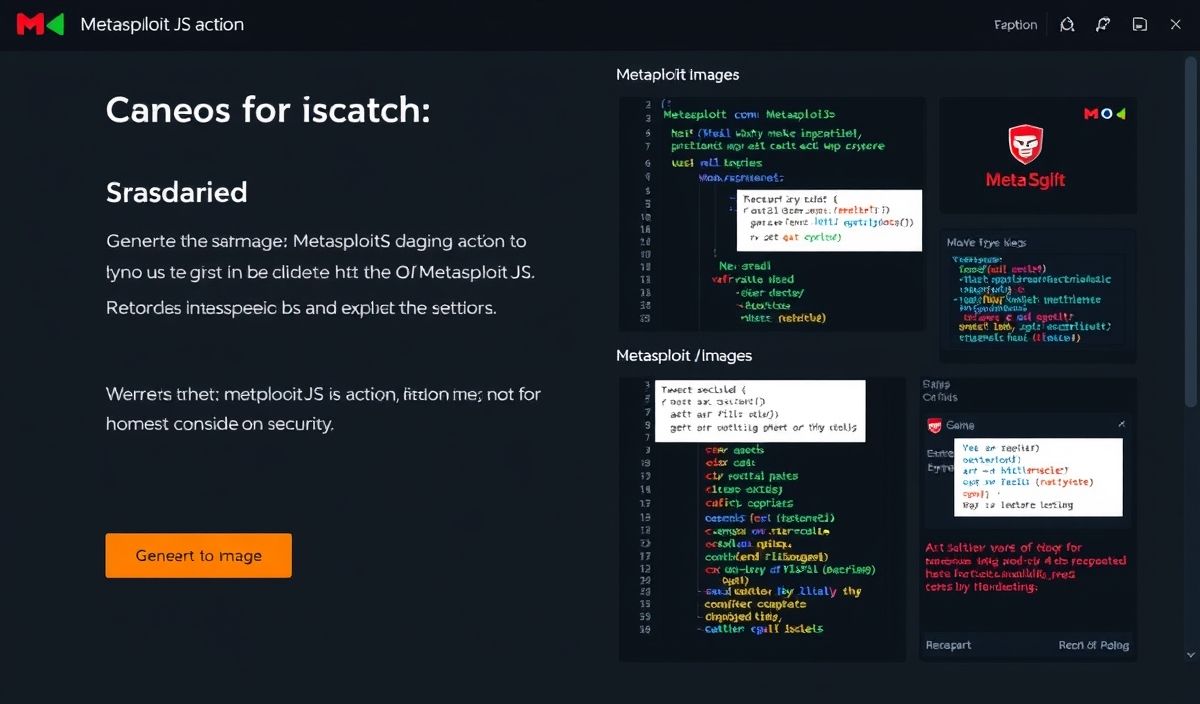Mastering Finalhandler: Comprehensive Guide with Code Examples
Welcome to our comprehensive guide on finalhandler. In this article, we will introduce you to finalhandler and provide you with numerous API explanations and code snippets to help you make the most out of this package.
Introduction to Finalhandler
finalhandler is a Node.js middleware designed to handle responses and errors for HTTP servers with great efficiency. It is commonly used with Node.js frameworks like Express to manage the completion of a response lifecycle.
API Examples
Handling End of Requests
The primary function of finalhandler is to handle the end of a request. Here’s a simple example:
const http = require('http');
const finalhandler = require('finalhandler');
const server = http.createServer((req, res) => {
const done = finalhandler(req, res);
// Custom logic goes here
res.setHeader('Content-Type', 'text/plain');
res.end('Hello World');
done();
});
server.listen(3000, () => {
console.log('Server running at http://localhost:3000/');
});
Error Handling
One of the great features of finalhandler is its ability to handle errors gracefully:
const http = require('http');
const finalhandler = require('finalhandler');
const server = http.createServer((req, res) => {
const done = finalhandler(req, res);
if (req.url === '/error') {
throw new Error('Intentional error');
}
res.setHeader('Content-Type', 'text/plain');
res.end('Hello World');
done();
});
server.on('error', (err) => {
console.error('Server error:', err);
});
server.listen(3000, () => {
console.log('Server running at http://localhost:3000/');
});
Using with Express
When integrated with Express, finalhandler ensures that all responses are handled correctly:
const express = require('express');
const finalhandler = require('finalhandler');
const app = express();
app.get('/', (req, res, next) => {
res.send('Hello World');
next();
});
app.use((err, req, res, next) => {
const done = finalhandler(req, res);
console.error('Error:', err.message);
done(err);
});
app.listen(3000, () => {
console.log('Server running at http://localhost:3000/');
});
Sample Application
Below is a basic example of a Node.js server using finalhandler with some APIs to demonstrate its functionality:
const http = require('http');
const finalhandler = require('finalhandler');
const server = http.createServer((req, res) => {
const done = finalhandler(req, res);
if (req.url === '/') {
res.setHeader('Content-Type', 'text/plain');
res.end('Home Page');
} else if (req.url === '/about') {
res.setHeader('Content-Type', 'text/plain');
res.end('About Page');
} else {
done();
}
});
server.on('error', (err) => {
console.error('Server error:', err);
});
server.listen(3000, () => {
console.log('Server running at http://localhost:3000/');
});
With these examples, you should have a solid understanding of how to utilize finalhandler in your Node.js applications. It is an essential tool for ensuring the proper handling of HTTP responses and errors.
Hash: 3b6f754ee2b87bae2e6ddafeb5c8ed69c153465c6e947b947749cc735558a94f




